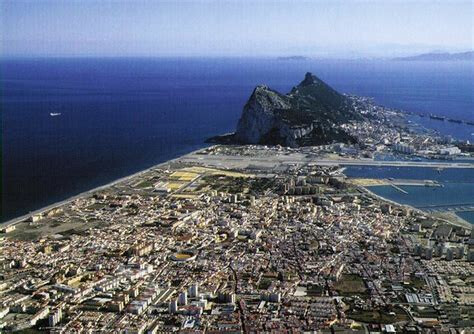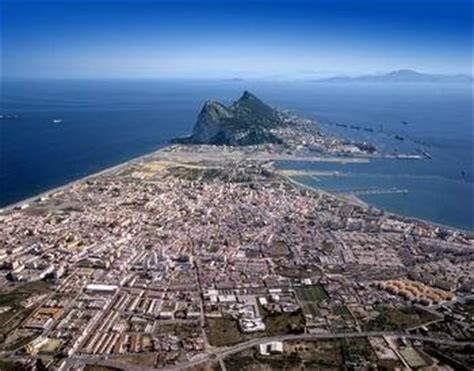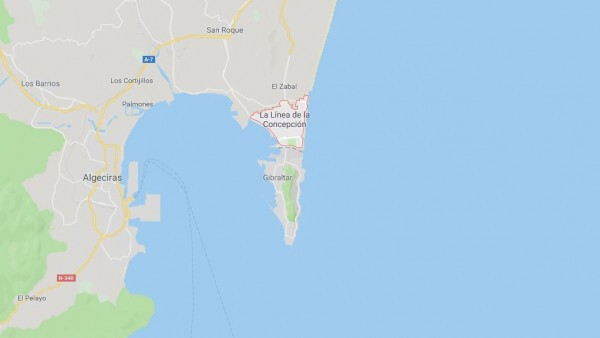The municipal government team of La Línea de la Concepción, in the province of Cadiz, has taken another step in its aspiration for the municipality to become an autonomous community like Ceuta and Melilla, and will present the ordinary plenary session on July 8, an agreement to initiate the procedure that allows a popular consultation to take place.
The report of this proposal, which will definitely go ahead, since the party that governs the Town Hall of this Cadiz municipality, La Línea 100×100, has an absolute majority, and bases its argument on a justifying report prepared by the Town Hall of La Linea itself, on the convenience of holding this consultation and directing to the Cortes Generales and the Spanish Government the application of the constitutional mechanism – that is provided for in article 144/9 – to achieve the status of autonomy.
This is interesting from Jan -
Brexit: End to Gibraltar land border prompts joy and trepidation -
The Spanish workers of La Línea de la Concepción are at the ready to celebrate the removal of the Gibraltar border controls. And they have reason to.
This small coastal town bordering Gibraltar is one of the poorest in Spain. A third of people here are unemployed and in some neighbourhoods that figure rises to 80%. Drug trafficking from Morocco and armed gangs have become a problem for police.
Fifteen thousand residents have jobs in Gibraltar where wages are on average 20% higher. And Gibraltar needs them for the lifeblood of its economy, especially in the nursing, catering and cleaning industries.
What will change
As part of the UK's exit from the EU, the UK and Spain have agreed in principle that the land border will go, possibly within six months, but the terms of the deal first have to be made into a formal treaty with the EU:
The single road linking the territories will be widened to allow people and cars to travel freely
Some infrastructure will stay at the border, a few guards will remain on standby, and finalities still need to be worked out such as judging the necessity of certain customs checks away from the border and if so how they would work
For the border to disappear, Gibraltar will effectively become part of Europe's passport-free travel area - the Schengen zone - though there is a different use of language from both sides on whether it will be "part of", or "connected to" Schengen
With the border gone, new arrivals will only be checked if they >enter by sea at the port and by air
For the first time, as well as the Gibraltar border guards, there will be guards from the EU border and Coastguard Agency known as Frontex also checking passports.
Well, it's 5 months - and where does it stand - Politicians are dancing around.
https://defending-gibraltar.net/t/what-is-picardo-s-treaty-dance/1897
What's interesting is Gibraltar could have recognized it needed to Unite the Campo long ago; and truly help those in La Linea and The Campo – DID IT? – and now, it's part of Picardo's rhetoric (see the treaty dance thread).
Where did Picardo get that idea?
Does he have ££ in his eyes now when it comes to what's happening in The Campo and wants to unite it for the globalists.
God will cause it to happen – it is prophesied – The Campo will be united Under Christ, not Satan:
Uniting The Campo Under Christ Not Madrid
The Camp of Gibraltar and the Rock of Gibraltar; Origins, Today and their Bright Future



:quality(65)/cloudfront-eu-central-1.images.arcpublishing.com/larazon/MRUMUEJN6ZBVZFXGSBUFV67GZI.jpg)


